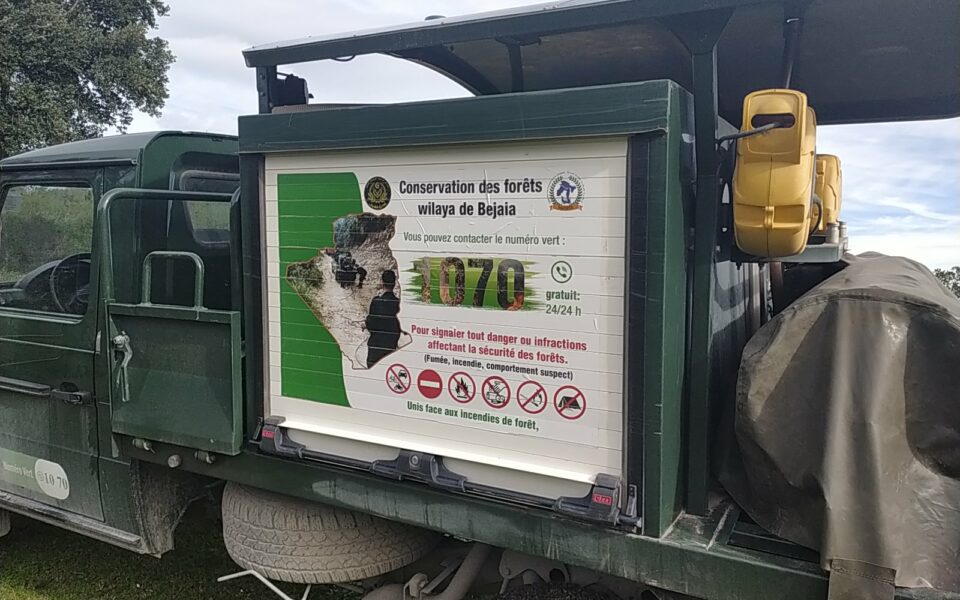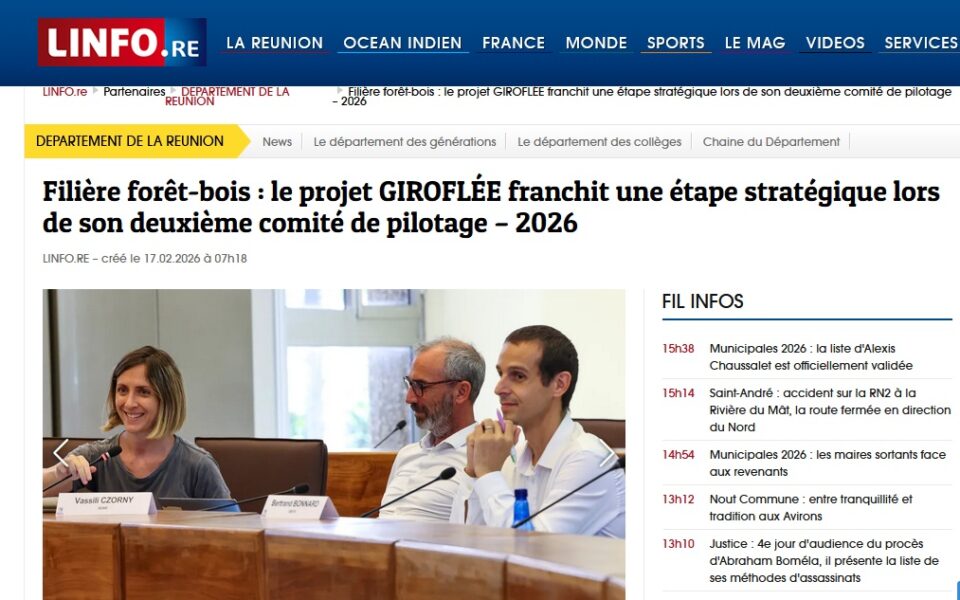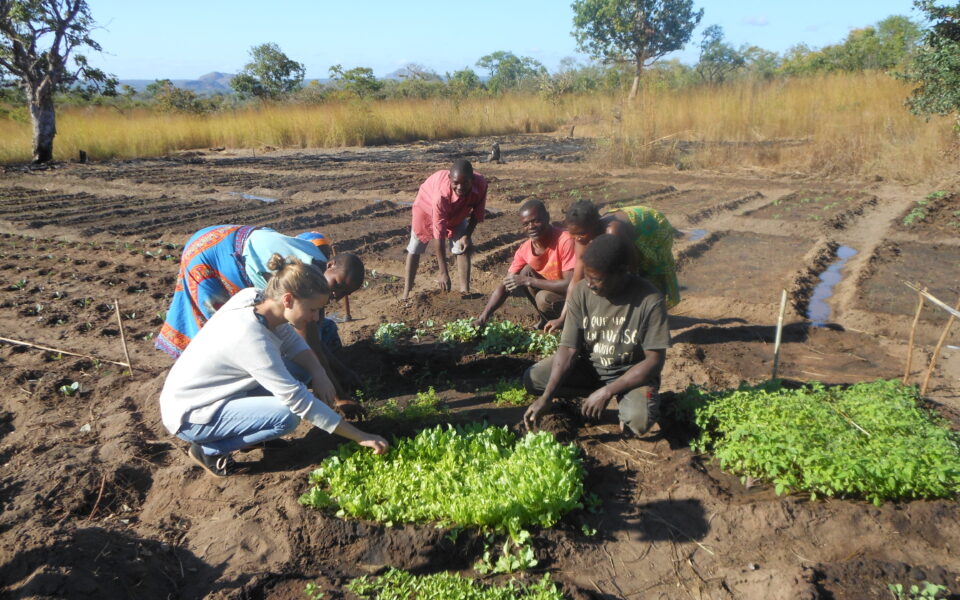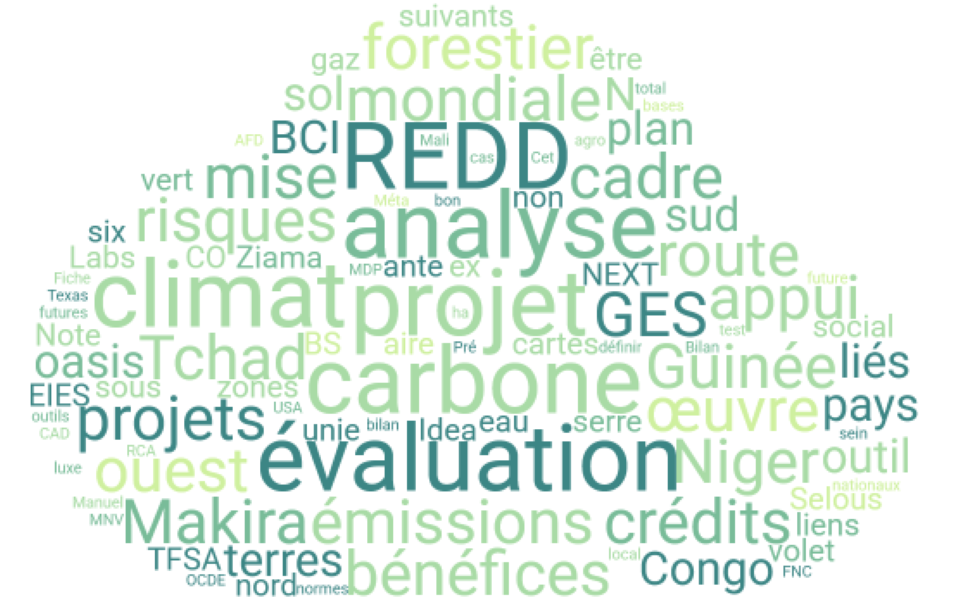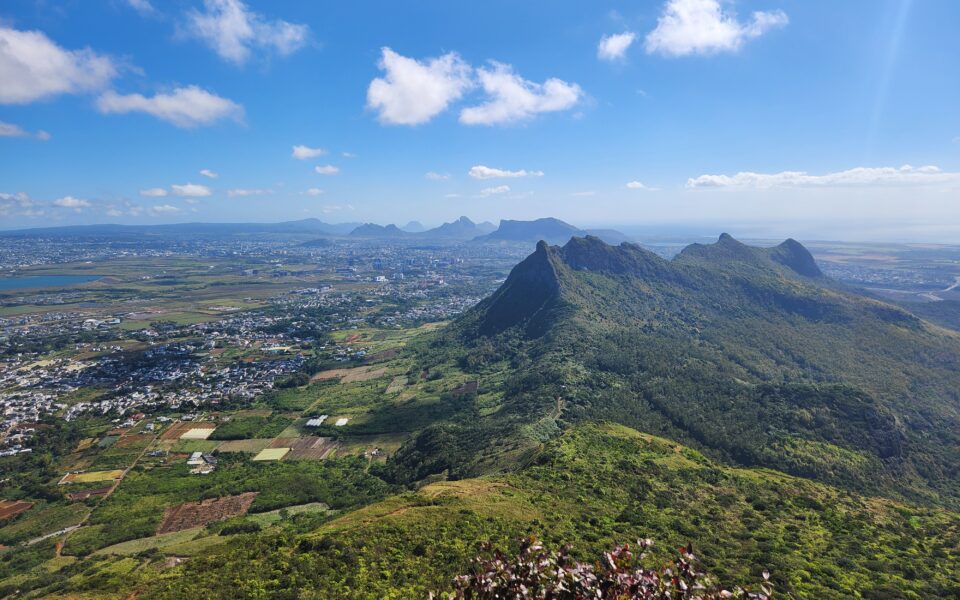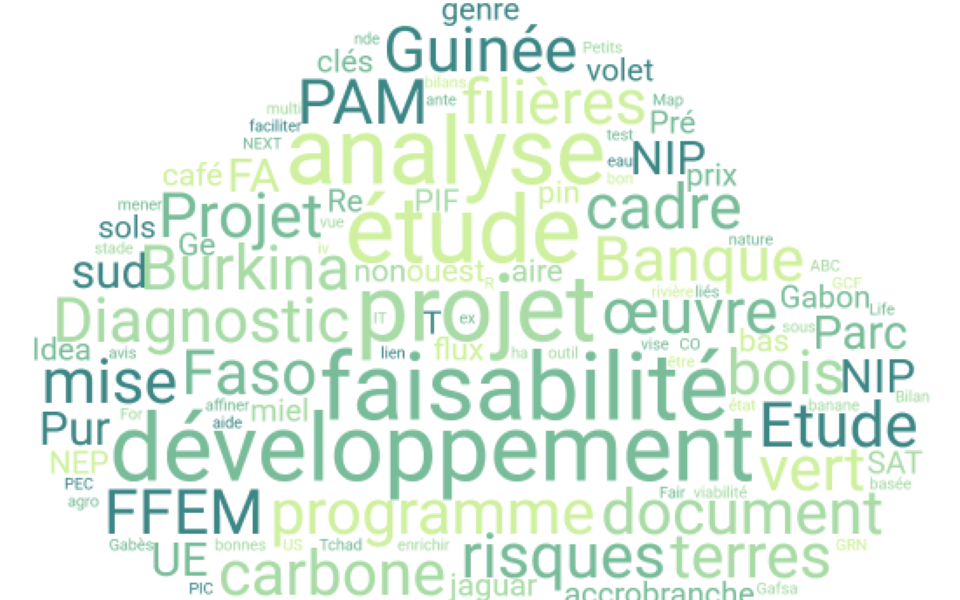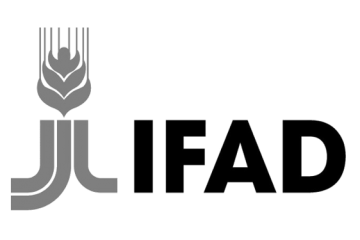
The tasks were carried out in accordance with the terms of the contract, including the agreed results and the adherence to the agreed deadlines. My organization is satisfied with their performance.
Feasibility study for a GEF project to support agricultural resilience
International Fund for Agricultural Development, 11/2023
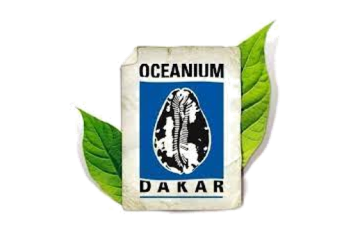
The entire Oceanium team was very satisfied with the service, which allowed us to strengthen our internal capacities on "carbon projects".
Development of the monitoring plan for the mangrove restoration project of the NGO Oceanium
Oceanium, 12/2017
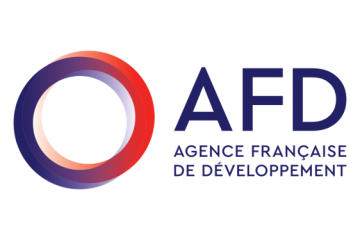
The Nodalis/SalvaTerra consortium has carried out to our full satisfaction the joint evaluation of three lines of credit in favor of the BNDA in Mali.
Evaluation of three lines of credit allocated to the National Bank for Agricultural Development (BNDA) by AFD
French Development Agency, 01/2021
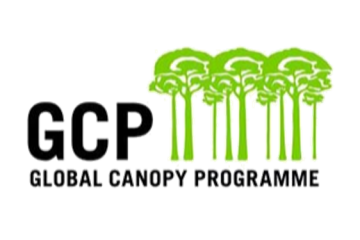
The work done is therefore satisfactory and we are satisfied with Maden's work.
Global Canopy Programme support to develop Cameroon’s REDD+ Country Profile
Global Canopy Programme, 08/2019

My organization is satisfied with this service and we particularly appreciated the quality of the services, as well as the rigor and proactivity of the designated expert.
Revision of the Nationally Determined Contribution (NDC) Mitigation Component
Expertise France, 03/2021

My organization is satisfied with the work done.
Final evaluation of the Mpanga Super Farmers project to support family farming
Îles de paix, 03/2022
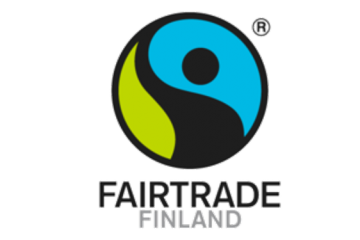
The tasks carried out by SalvaTerra were in accordance with the terms of the contract.
Evaluation of Fairtrade Finland’s 2018-2021 Cooperation Programme
Fair Trade Finland, 12/2022
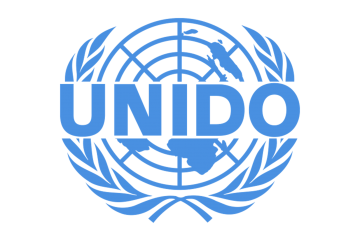
The experts demonstrated a high level of technical competence, commitment and excellent communication skills. Their work approach was instrumental in completing the assigned tasks as planned.
Development of a project to support the export of Ethiopian honey to the EU
United Nations Industrial Development Organization, 02/2019

Consistent with the terms of the contract, including expected results and deadlines. The service was therefore satisfied.
Study of the Dominican coffee sector and the certification potential of specialty coffees
Centre de coopération internationale en recherche agronomique pour le développement, 02/2013
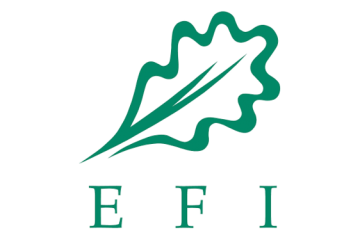
My organization is satisfied with this service, particularly because of the quality of the technical work in terms of mapping and traceability and the significant involvement provided in the identification of pilot sites.
Technical assistance to the “Cocoa 0 deforestation” programme in Côte d’Ivoire
Institut européen de la forêt, 09/2016

My organization particularly appreciates the responsiveness, precision and relevance of the work provided by SalvaTerra.
Analysis of Mozambique’s Emission Reduction Programme Paper (ER-DP)
Agence française de développement, 03/2018
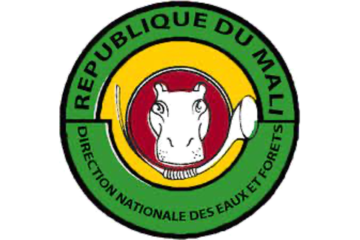
My organization is satisfied with this service and finds that it has brought a real improvement in the understanding of the knowledge learned and the practice of field activities related to the theme in question. I also recognize that the themes were well presented and allowed a real strengthening of the capacities of the participants in the handling of the material, the use of measurements and data to arrive at a good interpretation.
Training of Malian forest services in cartography (GPS, GIS, remote sensing)
Direction nationale des eaux et forêts du Mali, 12/2017
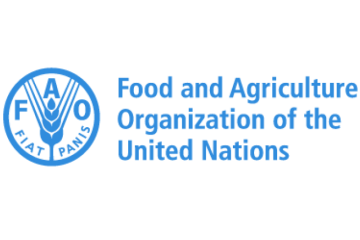
Excellent professionalism. High-level work.
Quality control of the final evaluation of the Action against Desertification (AAD) project
Food and Agriculture Organization of the United Nations, 12/2021
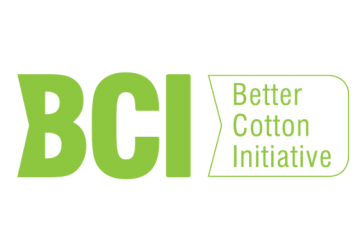
The materials have greatly improved the quality of training and popularized the complex theme of climate change mitigation and adaptation [...] in order to promote more virtuous agricultural practices among 2 million cotton producers.
Training on climate change issues for cotton farming
Better Cotton Initiative, 10/2022














